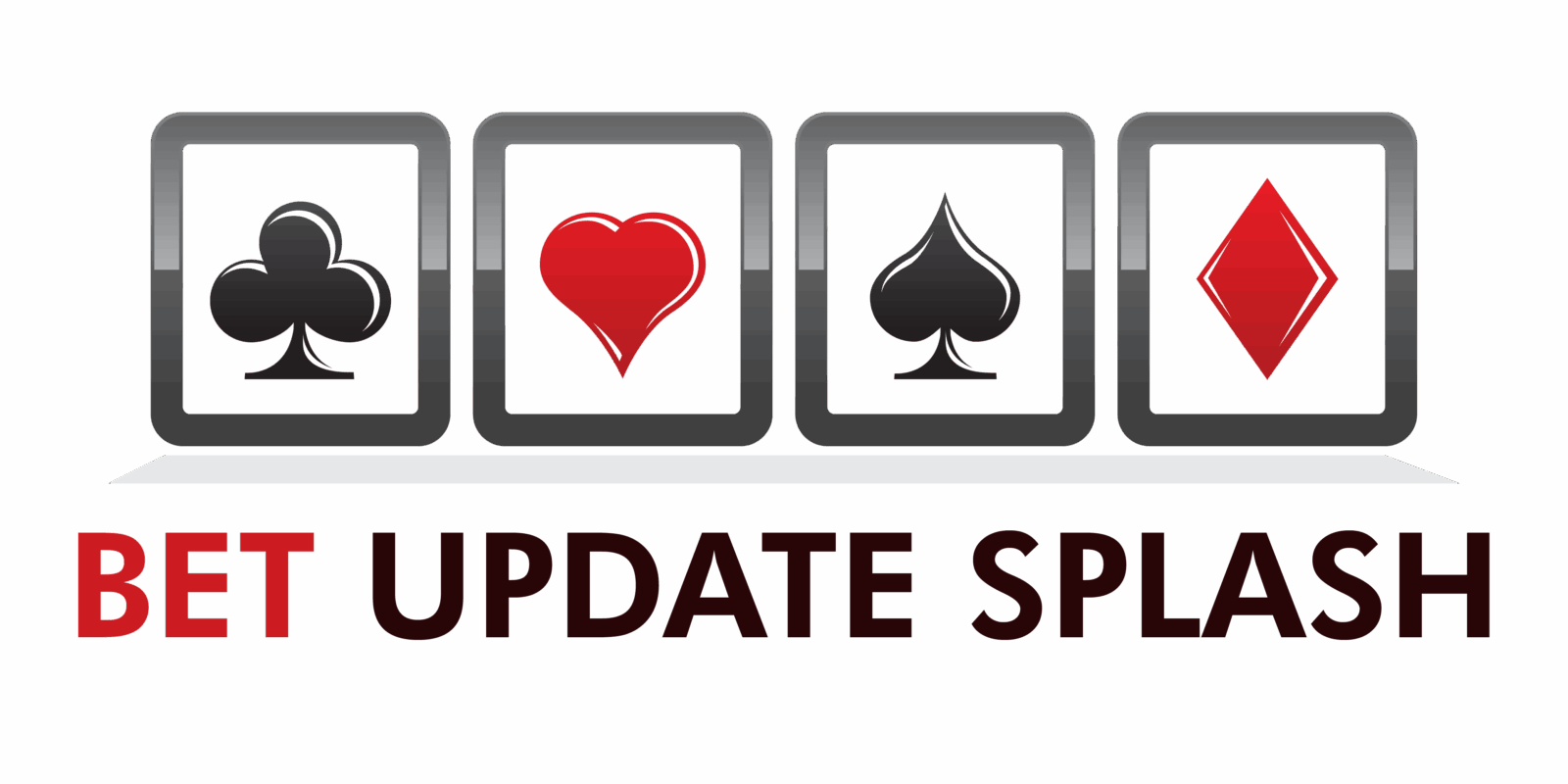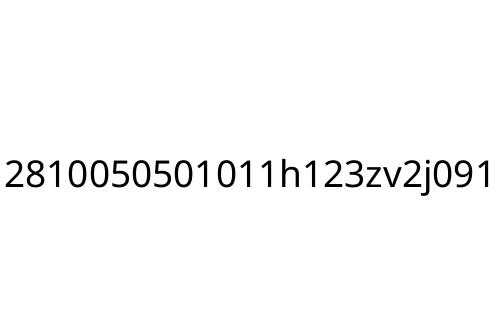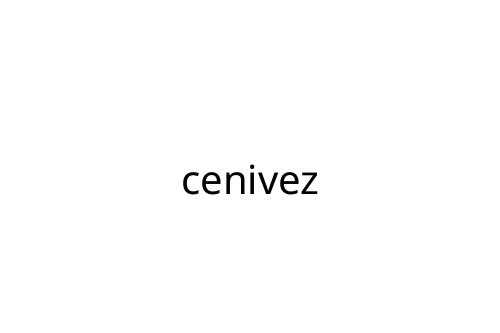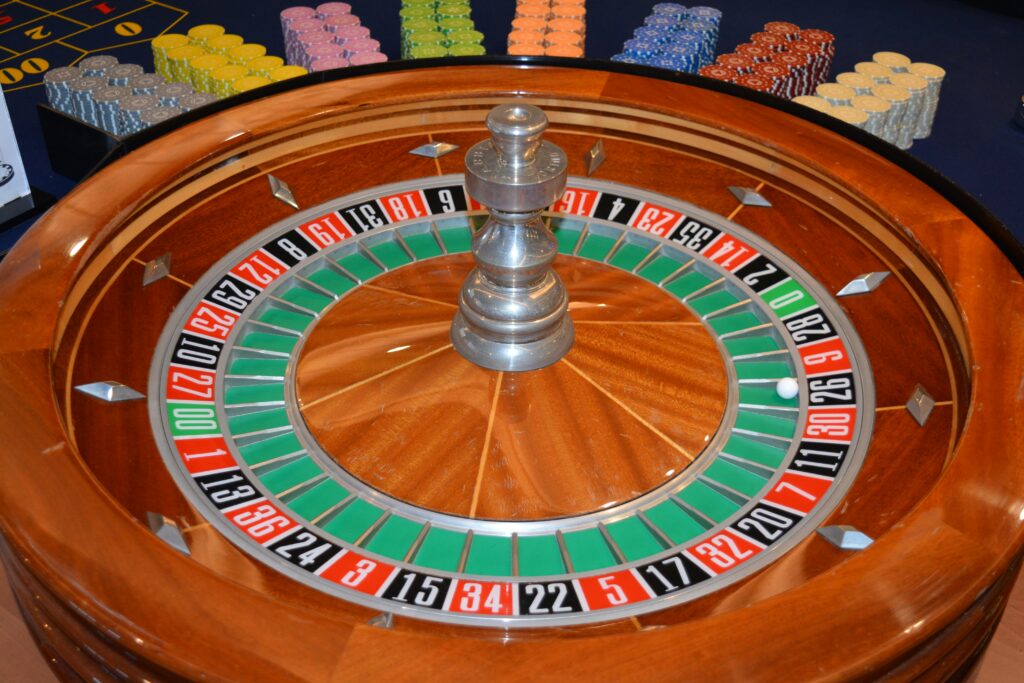Why Numbers Matter in Betting
Betting Isn’t Just Luck—It’s Math
One of the biggest misconceptions about betting is that it’s purely a game of chance. While luck may play a role in the short term, the long-term outcome relies heavily on probability and statistical thinking. Smart bettors don’t guess—they calculate.
Common Misconceptions About Betting
Many casual bettors fall into inaccurate assumptions that hurt their chances of long-term success. Here are a few of the most common:
- “I have a good feeling about this one”: Emotional reasoning often overrides logical analysis.
- “The more I bet, the more likely I am to win”: Volume doesn’t make up for poor strategy or bad odds.
- “I’m due for a win”: This ignores the concept of independent probabilities—past bets don’t influence future outcomes.
Risk vs. Reward: A Mathematical Balancing Act
Every bet you place carries both risk and potential reward, and numbers help you make informed decisions about whether that tradeoff is worthwhile.
Key concepts to consider:
- Risk: The chance that you lose your stake.
- Reward: The payout received if you win.
Using math, specifically probability and expected value, helps you evaluate bets with a clear view of potential outcomes over time. A smart bettor asks: “Is the expected return worth the risk I’m taking?”
Bottom Line
Understanding betting through the lens of mathematics helps filter emotion from decision-making. Whether you’re betting on sports, poker, or the roulette wheel, success hinges on respecting the numbers—not pushing your luck.
Probability 101: The Foundation of Every Bet
Understanding odds is the first step to making smart bets. Odds tell a story—about risk, reward, and how the public sees a bet. But to read that story, you’ve got to know the formats.
Fractional Odds (UK)
This one’s common in the UK and looks like “5/1” or “10/3.” It means how much profit you’d make relative to your stake. For example, 5/1 means every $1 bet gets you $5 profit (plus your original $1 back, so $6 total). Lower fractions like 1/4 indicate a heavy favorite—bet $4 to win just $1 in profit.
Decimal Odds (Europe, Australia, also popular online)
Cleaner format. Decimal odds show total payout per unit staked. So 3.00 odds? You’re getting $3 back for every $1 bet—$2 profit, $1 stake returned. No extra math needed.
Moneyline Odds (US)
Moneyline splits into positive and negative numbers. +200 means a $100 bet gets you $200 profit. -150 means you need to bet $150 just to win $100. Positive = underdog. Negative = favorite.
Converting to Implied Probability
Implied probability tells you what the odds suggest about the chance of an outcome happening.
Here’s how to calculate it:
- Fractional odds: Implied Probability = Denominator / (Denominator + Numerator) × 100
Example: 5/1 → 1 / (5 + 1) × 100 = 16.67%
- Decimal odds: Implied Probability = 1 / Decimal Odds × 100
Example: 3.00 → 1/3.00 × 100 = 33.33%
- Moneyline odds:
- For positive odds: 100 / (Moneyline + 100) × 100
Example: +200 → 100 / (200 + 100) × 100 = 33.33%
- For negative odds: -Moneyline / (-Moneyline + 100) × 100
Example: -150 → 150 / (150 + 100) × 100 = 60%
Bringing It to Life: Real Examples
Let’s say a fighter is listed at +250 underdog odds. That’s a 28.6% implied probability. But maybe your research suggests they win this matchup 40% of the time. That gap? That’s where sharp bettors get excited.
Or imagine you see a team at 1.50 decimal odds (66.7% implied). If the real chances are lower, say 55%, that’s a pass—or even a fade.
Bottom line: Odds are just a mask for probability. Learn to read through it, and you stop betting blind.
Expected Value (EV): Your Long-Term Indicator
Expected value is the math behind smart betting. It tells you, on average, how much you can expect to win or lose if you placed the same bet over and over again. The goal? Make bets that consistently have a positive expected value, also known as +EV.
Here’s the formula:
EV = (Probability of Winning) x (Amount Won per Bet) – (Probability of Losing) x (Amount Lost per Bet)
Let’s keep it simple. Say you’re betting $100 on a wager that has a 55% chance of winning. If you win, you double your money. If you lose, you’re out the $100. Plug those into the formula:
EV = (0.55 x $100) – (0.45 x $100) = $55 – $45 = +$10
That’s +$10 of expected value. You won’t win $10 every time—sometimes you’ll win $100, sometimes you’ll lose it—but over many bets, your average return is a $10 profit per bet. That’s a +EV bet, and those are the only ones worth making.
Now flip it. If the odds are stacked against you—say, a 45% chance to win and same payout—the EV becomes negative. That bet drains your bankroll over time. A -EV bet might feel good when it connects, but it’s poison in the long run.
EV applies across formats. In sports betting, it might be a moneyline wager with mispriced odds. In blackjack, it’s counting cards and knowing when to hit. In roulette? That’s almost always -EV, unless the wheel’s flawed.
Bottom line: EV doesn’t care about luck or vibes. It’s the cold truth behind every profitable betting strategy. If you don’t know your expected value, you’re just guessing—and guessers don’t win consistently.
Variance and Risk Management
When it comes to betting, even the sharpest strategies can experience dramatic swings. That’s where variance steps in—a key concept every serious bettor must understand.
What is Variance?
Variance is the statistical measure of how much outcomes differ from the expected result. In simpler terms:
- It explains why a mathematically good bet can still lose
- It accounts for both winning and losing streaks
- It reminds you that results fluctuate, even with long-term positive strategies
Why Smart Bettors Still Lose
Just because a bet has a positive expected value (EV) doesn’t mean it will always pay off in the short term. Variance can cause temporary losing streaks—even for experienced, data-driven bettors.
To put it in perspective:
- A strong strategy may still experience losses due to randomness
- Poor reactions to short-term losses often lead to poor decisions
- The key is discipline and preparation, not panic
Bankroll Management: Your First Line of Defense
Mitigating the impact of variance begins with smart bankroll management. That means setting rules and staying consistent.
Key principles include:
- Set a dedicated betting bankroll separate from personal finances
- Divide your bankroll into units (commonly 1–5% of total)
- Adjust bet sizes only when bankroll changes significantly
Two Common Betting Strategies
Flat Betting
- Bet the same amount (one unit) on every wager
- Simple, steady, and reduces emotional betting
- Ideal for inexperienced bettors or volatile formats
Kelly Criterion
- Adjusts bet size based on edge and odds
- Aims to maximize bankroll growth over time
- Requires accurate estimation of win probabilities
Comparison:
| Strategy | Pros | Cons | |—————-|——|——| | Flat Betting | Safer, predictable losses/gains | Slower bankroll growth | | Kelly Criterion | Optimal for long-term growth | Higher risk if inputs are wrong |
By understanding variance and adopting the right level of risk management, you can make smarter decisions that weather short-term swings and keep your long-term goals in focus.
Common Pitfalls: Where Math Gets Ignored
Even seasoned bettors fall into traps when emotion starts driving decisions over data. One of the most destructive habits? Chasing losses. It’s the gambler’s version of revenge—doubling down after a loss to win back what’s gone, often with bigger bets and less thought. The problem? It shifts betting from a calculated risk to a blind emotional scramble. Chasing rarely ends in recovery—it usually ends in a depleted bankroll and a clouded mind.
Another common slip is overestimating gut instinct. Sure, intuition plays a role, especially with experience. But when a hunch overrides obvious numbers—say, betting on a struggling team because ‘it feels like their day’—you’re no longer operating on probability; you’re flying blind. Good bettors test instincts against data. If they don’t align, they think twice.
Then there’s the allure of longshot bets. High payout, low odds—what’s not to love? It’s tempting to go big on a low-probability outcome, hoping to score huge. But overconfidence in these bets often signals poor understanding of expected value. One win might feel thrilling, but if you make these bets consistently, math catches up—and it’s almost never on your side.
Finally, beware the illusion of a winning streak. It feels good, sure—but a run doesn’t rewrite the rules of probability. A few wins don’t protect you from long-term variance, and hot hands cool off fast. The danger comes when streaks breed overconfidence and reckless bet sizing. Stick to strategy, ignore the buzz.
Emotion clouds logic. These pitfalls are deadly not because they’re rare—but because they feel so convincing in the moment. When the numbers and your gut disagree, trust the math. Every time.
Tools That Help You Stay Smart
Access to the right tools can elevate your betting strategy from guesswork to data-driven precision. In a landscape where every percentage point matters, using technology to support your decisions is both smart and essential.
Recommended Calculators and Apps
A good bettor doesn’t rely solely on intuition. Modern apps and calculators allow you to quickly assess odds, implied probability, and expected value:
- Odds Converters – Instantly switch between fractional, decimal, and moneyline formats.
- Implied Probability Calculators – Determine what the odds really say about your chance of winning.
- EV Calculators – Plug in different variables to assess whether a bet is profitable in the long run.
Popular platforms like Betstamp, OddsJam, or Action Network offer user-friendly apps with these features and more.
Tracking Your Performance with Spreadsheets
Tracking your own bets isn’t just about reviewing wins and losses—it’s about uncovering patterns over time. A simple spreadsheet can reveal valuable insights like:
- Which sports or bet types yield higher returns
- Your average ROI (return on investment) per category
- Times or situations where your discipline falters
Use spreadsheet tools like Google Sheets or Excel. Start with the basics:
- Date and event
- Type of bet and odds
- Stake and result
- Expected value (if calculated)
By maintaining consistent records, you can refine your decision-making and reduce costly behavioral biases.
Analyzing Historical Data to Improve Accuracy
Looking backward helps you move forward. Historical data and trend analysis can sharpen your betting instincts while grounding them in reality.
- Study past performances for teams, players, or market behaviors
- Identify patterns that the average bettor may overlook
- Integrate third-party datasets into your models for sharper projections
Many sophisticated bettors use APIs, stat databases, or web-scraped data to build models that identify inefficiencies in the market. This level of analysis isn’t just for professionals—it’s for anyone willing to put in the time to improve.
Keep in mind: math doesn’t guarantee a win on every single bet. But over time, it’s your best defense against impulse, misinformation, and variance.
Risk vs. Lifestyle: Know Your Limits
There’s a fine line between calculated risk and reckless betting—and it starts with motive. Betting with discipline means setting rules and sticking to them, no matter how good the odds look or how much you feel like chasing the last loss. Desperation blurs judgment. Discipline keeps your head clear and your strategy sharp.
Smart bettors treat gambling like a personal finance line item, not an emotional escape or fast income scheme. They set bankroll limits, define win/loss thresholds, and take breaks. They bet only what they can afford to lose. That’s not about fear—it’s about sustainability.
More and more, experienced punters are building gambling into balanced routines. A few well-planned wagers a week. Log results. Analyze mistakes. Then move on with the rest of your day. No spirals. No scrambling.
If you want a deeper look at how gambling can coexist with a grounded lifestyle, check out Maintaining a Balanced Lifestyle as an Enthusiastic Gambler.
Final Thought: Bet Like a Mathematician
Math isn’t just a tool in betting—it’s the foundation of every smart decision a bettor can make. Many casual bettors rely on instinct, emotion, or superstition, but consistent success comes from understanding the numbers and trusting them to guide your strategy.
Guessing vs. Calculating
There’s a major difference between making a guess and making a calculated decision:
- Guessing is based on feeling or chance, with no measurable logic to back it up.
- Calculating involves analyzing probabilities, expected values, and potential outcomes based on real data.
Bettors who embrace calculation over intuition tend to make fewer impulsive decisions and are better equipped to weather losing streaks without overreacting.
Long-Term Thinking Wins
Short-term wins feel great—but they often lead to overconfidence. Sustainable success in betting comes from playing the long game:
- Focus on strategy, not streaks
- Track your bets and analyze trends to make improvements
- Accept variance as part of the process
Remember, a single win (or loss) doesn’t define your overall success. Smart bettors aim for a consistent profit over time, not overnight results.
Emotions Don’t Do the Math
One of the greatest threats to any bettor’s strategy is emotion. When emotions take over, logic takes a backseat. Whether it’s chasing losses or betting big after a win, emotional decisions can derail well-planned strategies.
Tips to stay grounded:
- Don’t bet to win back what you lost
- Stick to pre-set bet sizes and limits
- Take breaks to clear your head after big swings
Bottom Line
Betting like a mathematician means:
- Calculating instead of guessing
- Committing to data-informed bets
- Understanding that consistency trumps luck
The math won’t always lead to immediate wins—but over time, it will help you survive the swings, stay in control, and come out ahead.

























































































































































































































































































































 Jalric Selmorne, co-founder of BetUpdateSplash is known for his innovative approach to sports analytics and web technologies. His contributions focus on building seamless digital experiences and integrating advanced tools that make betting updates smarter and more accessible. Jalric’s forward-thinking mindset helps position the platform as a trusted tech-powered hub for bettors.
Jalric Selmorne, co-founder of BetUpdateSplash is known for his innovative approach to sports analytics and web technologies. His contributions focus on building seamless digital experiences and integrating advanced tools that make betting updates smarter and more accessible. Jalric’s forward-thinking mindset helps position the platform as a trusted tech-powered hub for bettors.

